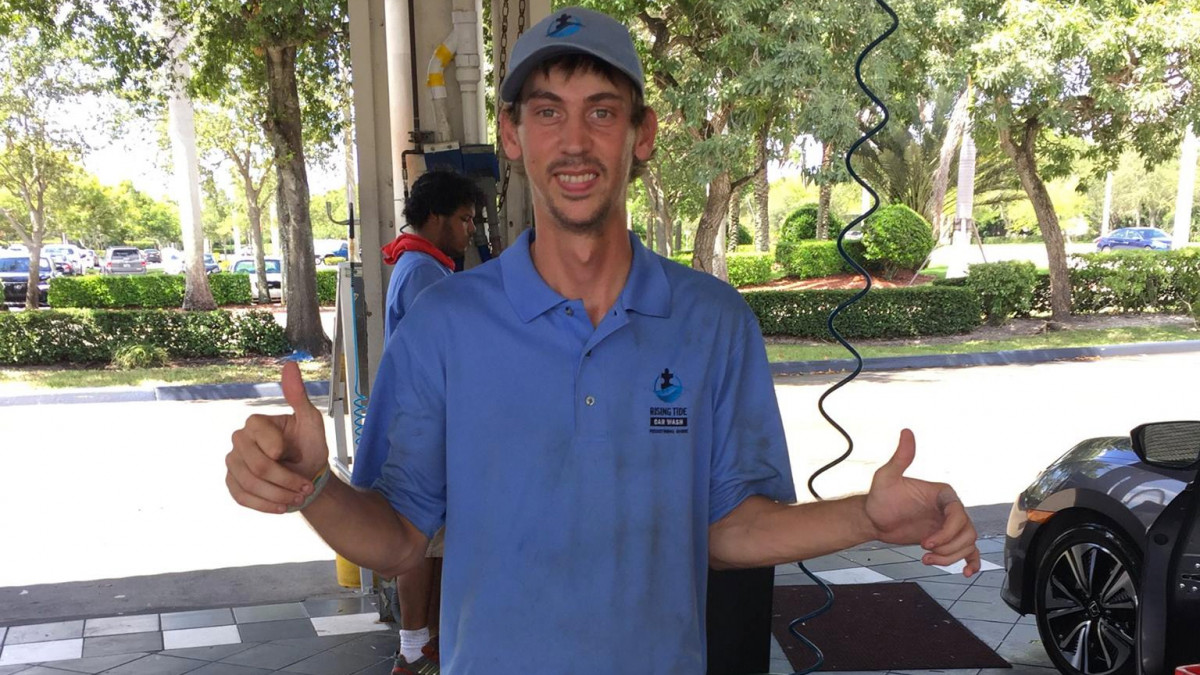
- Good Stuff -
- 5mins -
- 305 views
Dutch father of son with autism employs 60+ in a low-stimulus environment for people on the spectrum
‘My son was the inspiration’ says Sjoerd Van der Maaden, who hopes to be able to employ 1000 people with autism as his software testing and robot-controlled process automation business expands.
Dutch company that employs people with autism secures foreign investment
When Sjoerd van der Maaden (61) sailed around the world with his family for a year, he saw how well his son with autism developed due to the disappearance of all stress factors. This gave Sjoerd an idea: to set up a company with a low-stimulus environment, in which people with autism can flourish.
He now employs 63 people and 80% of the turnover is realised by working with people with autism. Icing on the cake: as of today, a foreign company has an interest in its company. The Norwegian Unicus takes over the shares of investor foundation DOEN.
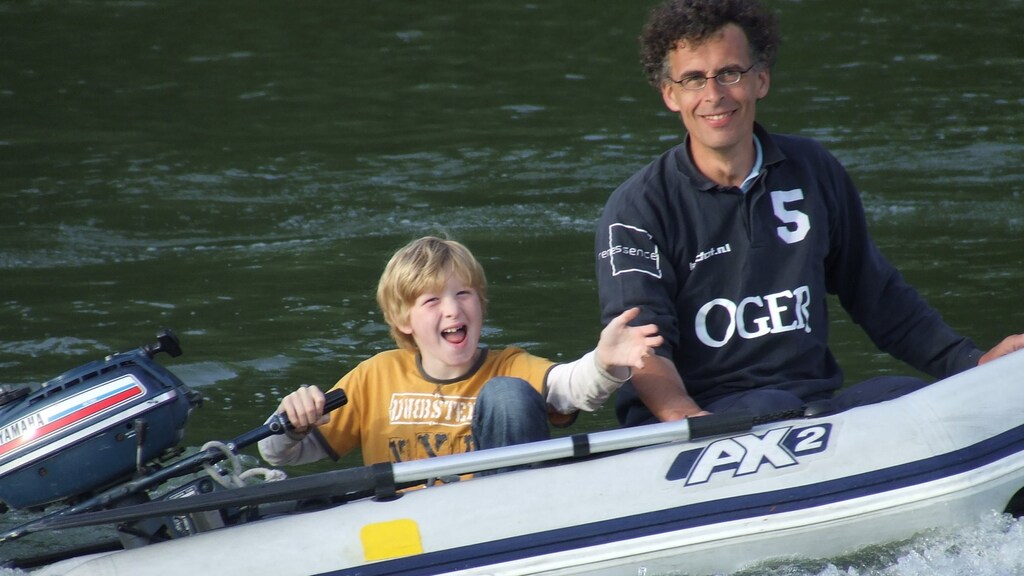
Van der Maaden calls this ‘very special’
Sjoerd van der Maaden‘s company specialises in software testing and robot-controlled process automation and provides services to Schiphol, the National Police and De Nederlandsche Bank, among others, reported rtl last month.
Unicus will help with financing and expansion, among other things. Unicus now owns 28% of the company. Ultimately, Van der Maaden hopes to be able to employ 1000 people with autism.
That idea started with his own son, who has a form of autism. During a sailing trip of a year, he saw how his son developed enormously through structure, a familiar and predictable environment, and the absence of time pressure.
"He suddenly had space and time in his head to do his schoolwork neatly and he was done faster. On the ship, in a quiet environment, Max did better than his brothers."
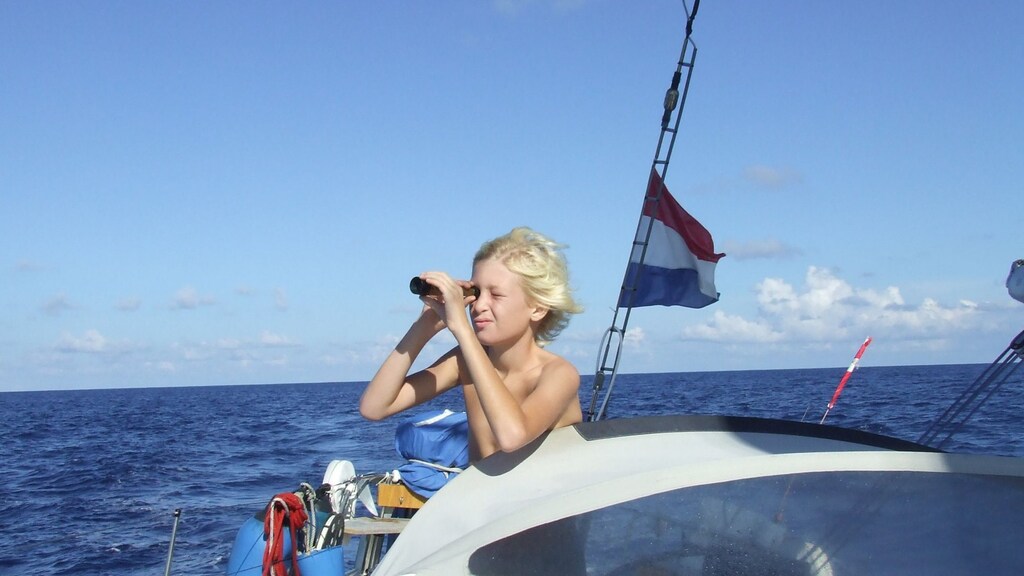
The trip became his inspiration to set up a business in which people with autism can thrive
He wanted to create the environment he had created for Max on the ship for employees in a company.
And so Specialisterren was born in 2008, with small and quiet-looking offices, soundproofing measures and no deadlines. "When all the stressors are gone, people with autism excel."
Why did he want to set that up? "I think it is a great social injustice that people with a form of autism are dismissed, while they have so much to offer. They have capabilities that we are desperate for."
People with autism, for example, have an eye for detail, he says, and work very thoroughly. "And we need good IT people. There are thousands of people with autism who can do that work, but because we don’t like the look and feel, they are not welcome. Just because someone is just not a team player. Or because someone is less socially fluent or does not communicate well."
Source: rtlniews.nl
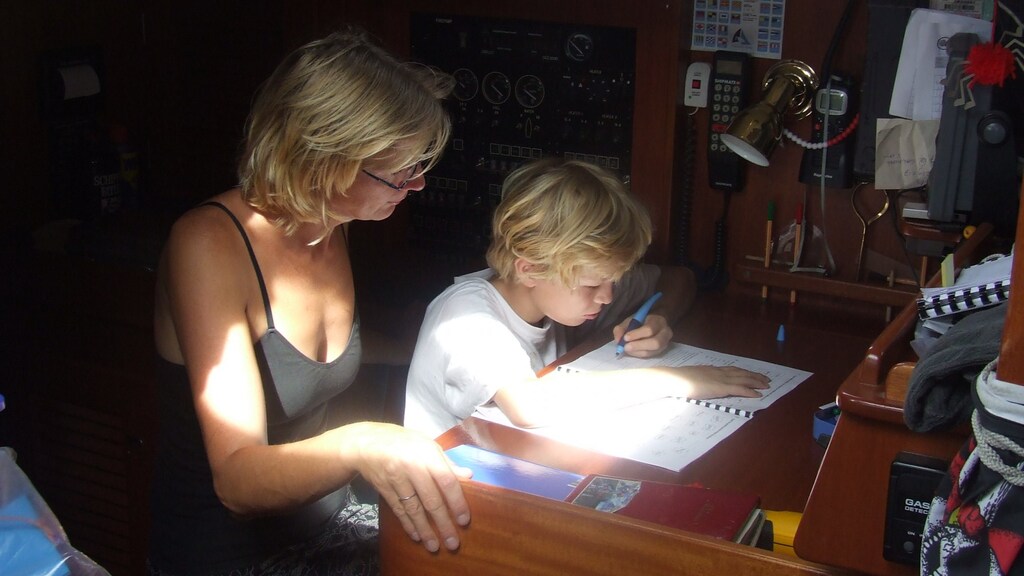
38-year-old Jesper knows all about that
10 years ago, Jesper started as a tester – someone who tests software and fixes errors – at the company. Now he is a project manager and coordinates the test assignments.
Clarity and social skills
He had been receiving Wajong benefits for seven years when he became a tester. Previous jobs lacked structure. "Because of my autism, that is very important to me. It must be clear what is expected of me, and what is not."
He also had difficulty with social skills. "When I came to this company, I couldn’t start a conversation with anyone. Then you quickly come across as a crazy person in society."
His current employer took this into account. He started in a low-stimulus environment, without deadlines, ultimate responsibilities or customer contacts as long as he didn’t want to.
His work is very clear: executing a script. "Do this, and you’ll see that. And I got feedback on that. There is very intensive individual guidance." In addition, he received tips for conducting conversations. If he said something clumsy, he wasn’t a ‘crazy person’.
From Wajong to top modal
He is now a project supervisor, and he says he has developed considerably. "This work has changed my life. I was on the Wajong Act and now have an above average salary. Through customer contacts I have developed my social skills. You naturally apply that in your private life; I am now married. I have everything I had wanted to achieve and 15 years ago I thought I couldn’t."
Van der Maaden hopes that he will eventually be able to offer this to more employees. And that he can enter into international collaborations. The Norwegian company is the first step in this. "Hopefully we can expand internationally, and give a lot of people with autism a job."
The above article first appeared in Dutch on rtlniews.nl, 30 September 2021
Source: rtlniews.nl
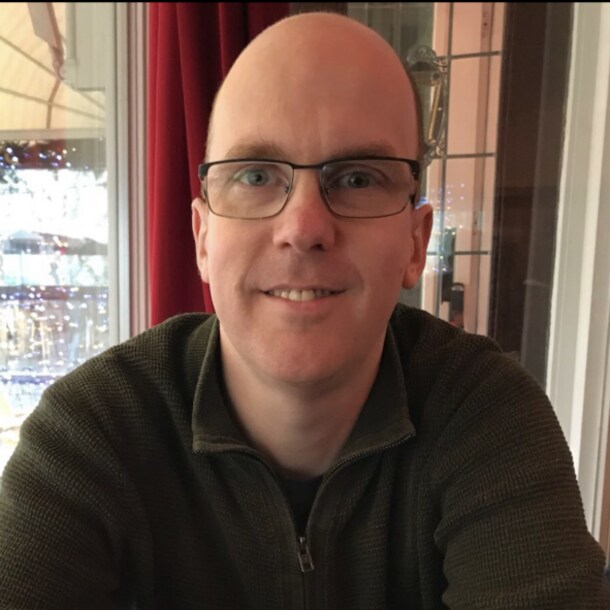
Businesses that favour the special talents of people on the autism spectrum
This is not the first time Bright Vibes has covered businesses that favour the particular talents of people on the autism spectrum.
Three years ago, we covered Florida-based Rising Tide Car Wash, a scalable social enterprise with the primary mission to employ adults with autism. By delivering a first-rate car wash experience to the consumer, Rising Tide strives to inspire communities to change their perception of the capabilities of people with autism.
Through intensive training, team building and caring for the community, Rising Tide sets its employees up for success. With this model, Rising Tide has a goal to provide people with autism with an opportunity to build a career and achieve an independent lifestyle. Read more about Rising Tide here.
Meanwhile, Specialisterne is a non-profit social enterprise that partners with corporations, universities, high schools, and community agencies to create change by examining traditional recruiting, training and on-boarding practices to help companies to employ work-ready neurodiverse talent.
Specialisterne operates in 12 countries and has so far created over 10,000 jobs for people with different abilities. Specialisterne aims to ensure that every autistic and other neurodiverse person who wants a meaningful career, gets a meaningful career. Learn more about Specialisterne here.
